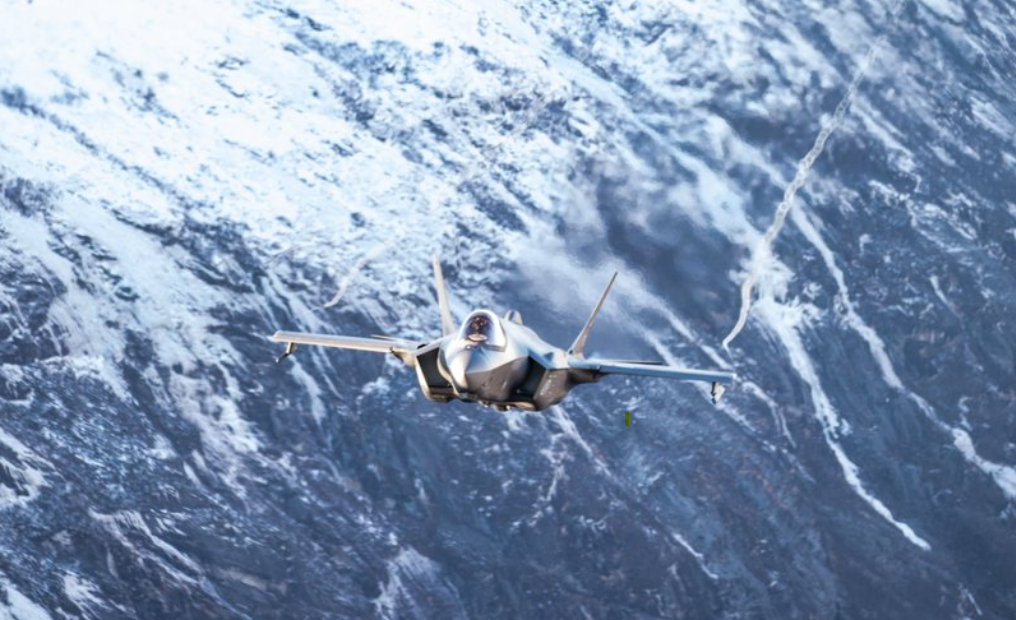Canada’s Air Defense Relies on U.S. Military Systems
Others are reading now
Military technology is advancing rapidly, but with new capabilities come new concerns.
Nations rely on advanced fighter jets to maintain air superiority, but what happens if those jets can be remotely controlled—or even disabled—by another country?
This question has become a growing concern for Canada after purchasing the American-made F-35 fighter jets.
Canada ordered 88 F-35A fighter jets for $14.5 billion. Now, security experts are discussing whether the United States could remotely disable them.
Also read
This concern stems from recent actions and statements by former U.S. President Donald Trump.
He has repeatedly suggested that America should take a tougher stance with its allies. Some fear this could include controlling access to military technology, writes Newsweek.
Canada is a large country with vast resources but a relatively small military. It sits between two global powers—Russia and the United States.
Given the current geopolitical climate, this is not an ideal situation. Many Canadians are now questioning whether relying on U.S. defense technology is a risk.
Experts have pointed out that the U.S. retains control over F-35 software. Mission programming for these jets is handled entirely in the U.S.
The Pentagon can update or modify the aircraft’s systems remotely. This has led to speculation that the U.S. could theoretically shut down foreign-operated F-35s if it wanted to.
One security analyst from the Outer Space Institute in Vancouver raised this issue in an article for The Globe and Mail.
He reminded readers that foreign operators of F-35s do not have access to the jet’s source code.
Software updates also go through American military channels. The U.S. Air Force’s 350th Spectrum Warfare Group manages mission data for all international customers.
Foreign nations using F-35s are not allowed to make software modifications on their own. Even key allies like the United Kingdom and Israel must rely on U.S. support.
The restricted access applies mainly to electronic warfare and radar-detection capabilities.
While this does not affect basic flight operations, it raises concerns about control in a potential conflict.
If tensions were to rise between the U.S. and one of its F-35 customers, could Washington disable their fleet?
The idea sounds like something out of a spy movie, but security experts believe it is a valid concern.
Canada, along with other countries operating F-35s, may need to rethink just how much control they actually have over their own fighter jets.


